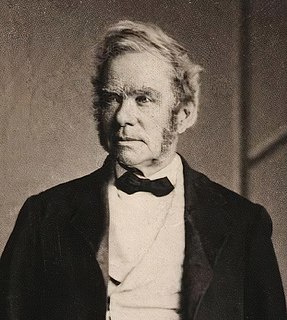A Quote by Paul Ormerod
The linear, mechanistic view of the world which pervades orthodox economics is simply not capable of capturing the richness and complexity of the rhythms and fluctuations of developed economies.
Related Quotes
If we want to postulate a deity capable of engineering all the organized complexity in the world, either instantaneously or by guiding evolution, that deity must have been vastly complex in the first place. The creationist, whether a naive Bible-thumper or an educated bishop, simply postulates an already existing being of prodigious intelligence and complexity. If we are going to allow ourselves the luxury of postulating organized complexity without offering an explanation, we might as well make a job of it and simply postulate the existence of life as we know it!
On one planet [earth], and possibly only one planet in the entire universe, molecules that would normally make nothing more complicated than a chunk of rock, gather themselves together into chunks of rock-sized matter of such staggering complexity that they are capable of running, jumping, swimming, flying, seeing, hearing, capturing and eating other such animated chunks of complexity; capable in some cases of thinking and feeling, and falling in love with yet other chunks of complex matter.
One of the most striking trends, since at least the 1960's, has been for employment in services to grow far more rapidly than employment in manufacturing. It is this trend that has led to the view that developed economies have become de-industrialized and that they are now effectively service economies.
My main professional interest during the 1970s has been in the dramatic change of concepts and ideas that has occurred in physics during the first three decades of the century, and that is still being elaborated in our current theories of matter. The new concepts in physics have brought about a profound change in our world view; from the mechanistic conception of Descartes and Newton to a holistic and ecological view, a view which I have found to be similar to the views of mystics of all ages and traditions.
The fundamental differences between Marxian and traditional orthodox economics are, first, that the orthodox economists accept the capitalist system as part of the eternal order of Nature, while Marx regards it as a passing phase in the transition from the feudal economy of the past to the socialist economy of the future.
I've spent my life capturing beautiful images. And whether in wilderness or in the downtown of a giant city, I find connections, universal rhythms, patterns and beauty that I recognize as a part of me, a part of all of us that celebrates life. It's my great pleasure to share with you that energy which inspires me; this great visual beauty of our world.




































